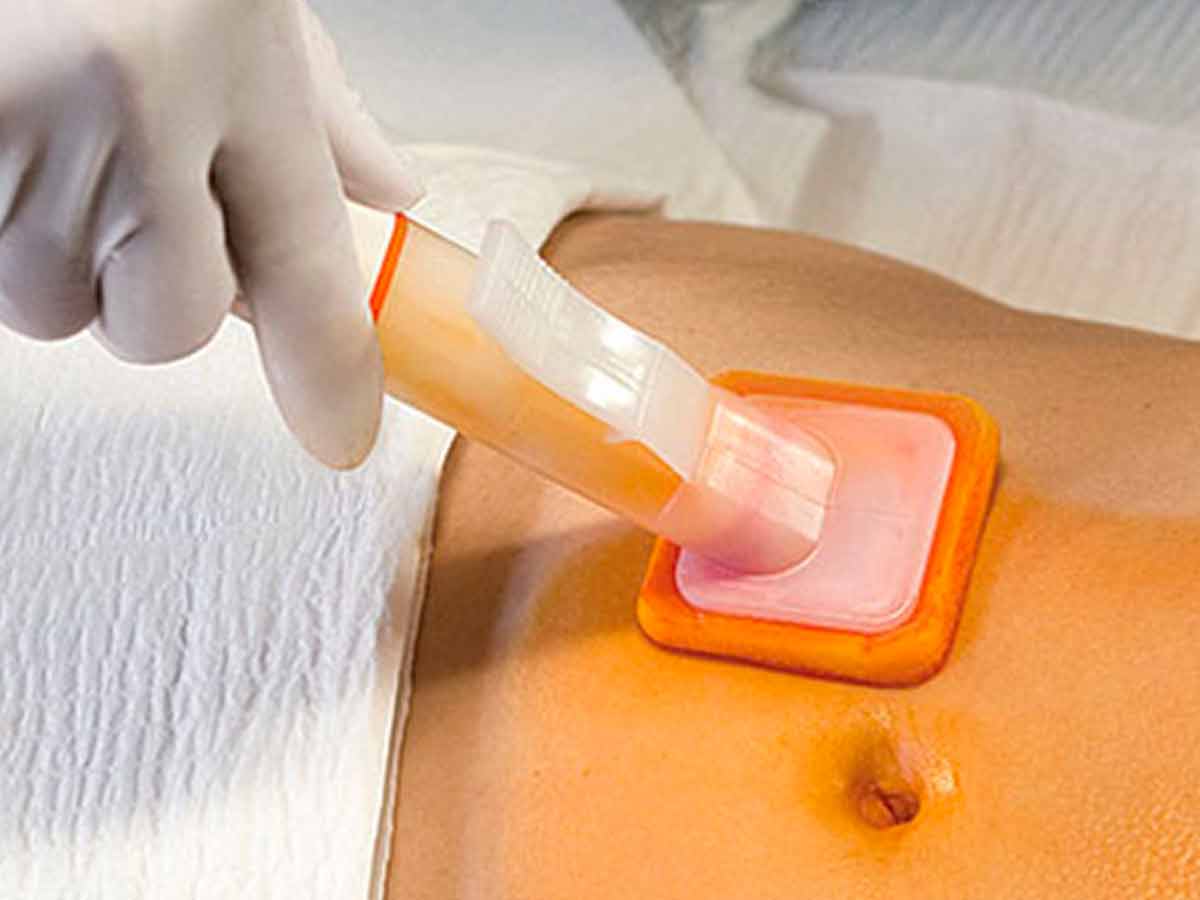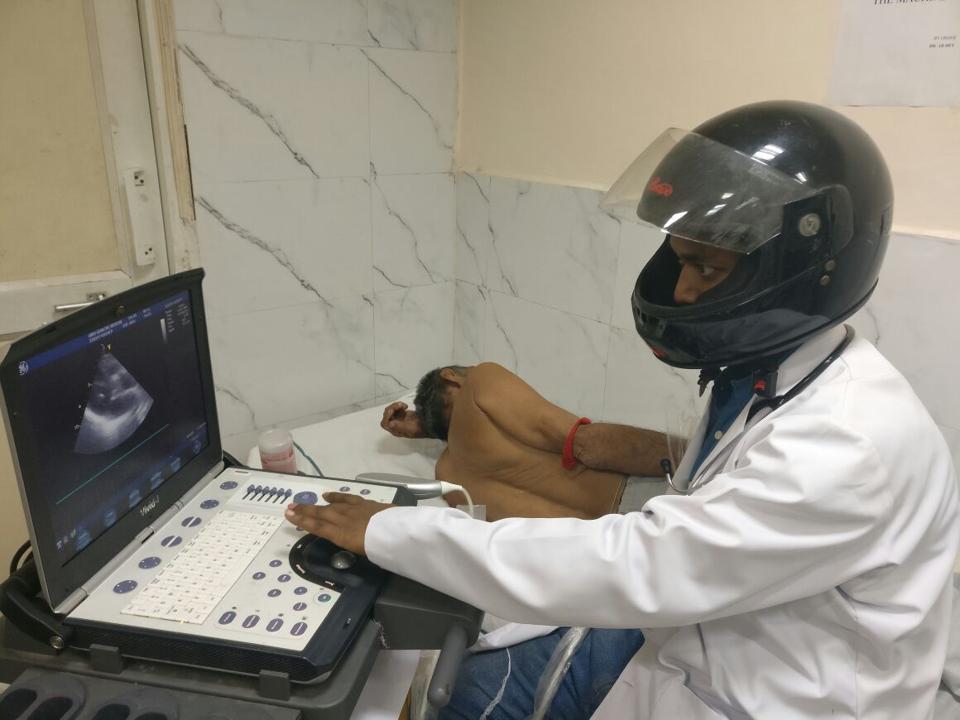Skin Preparation Before Surgery: All You Need to Know

A skin or tissue infection can create complications for the most vulnerable category of patients: those who suffer invasive procedures. Medical specialists have to prepare a patient’s skin thoroughly before an incision. Otherwise, there’s a high risk of contamination with bacteria and other microorganisms. The quality of the antiseptic agents and other pre-surgery skin preparation products is essential to guarantee thorough decontamination. How can surgical asepsis be achieved? Whether you’re a patient or a medical professional, you’ll find in this article essential information about skin preparation before surgery.
Why is Skin Preparation Essential?
Skin preparation can vary based on the type and site of the surgery. The main goal of skin preparation is to remove bacteria on the skin. The bacteria most commonly found on the skin is Staphylococcus Aureus, but there are several other pathogens associated with surgical site infections. Also, the site of surgery can suffer contamination by the normal skin flora. By preparing the skin before surgery, medical specialists ensure that all microbes get removed. They’re also careful to avoid skin irritation.
What Does the Research Suggest?
The most popular antiseptic agents that can eliminate the risk of skin or surgical site infection are chlorhexidine-based and iodine-based solutions. Research suggests that a chlorhexidine-isopropyl alcohol preparation provides the highest protection. Thus, health professionals should ensure that the skin production and decontamination products they use in the hospital environment are based on this solution. The Chloraprep applicator, for example, is formulated with
chlorhexidine gluconate and isopropyl alcohol. This makes it perfectly able to reduce radically the risk of skin infection.

What Can the Patient Do?
If you’re a patient undergoing surgery, you can start the skin preparation process at home. Your surgeon will make recommendations based on the specifics of your situation. In most cases, the most effective thing you can do is to take a shower with antiseptic soap on the morning of the surgery. The site of surgery must be shaved and thoroughly cleaned before the medical professional starts applying the antiseptic solution. This twofold process is crucial for reaching a maximum level of skin protection.
What Happens After the Surgery?
Despite all the precautions that health professionals take to prepare the skin correctly before surgery, surgical site infections still occur. Because the skin is our natural barrier against microorganisms, any procedure that causes an incision in the skin makes us vulnerable to many different pathogens during and after the operation. However, the chances to develop surgical site infection is below 3%, which means the prevention methods work most of the time. Signs of infection occur in the first 30 days after the surgery.
How does an infection manifest?
Redness around the incision, fever, and chills are the most common signs of infection. A key thing to remember is that doctors can treat infections more easily if they catch them early. Any surgery implies high health risks. But with proper care, patients can return to their regular lives without any complications. Since surgical site infection is one of the most feared post-surgery complications, using the most effective skin protection methods and products is vital.
Article By John Moron





